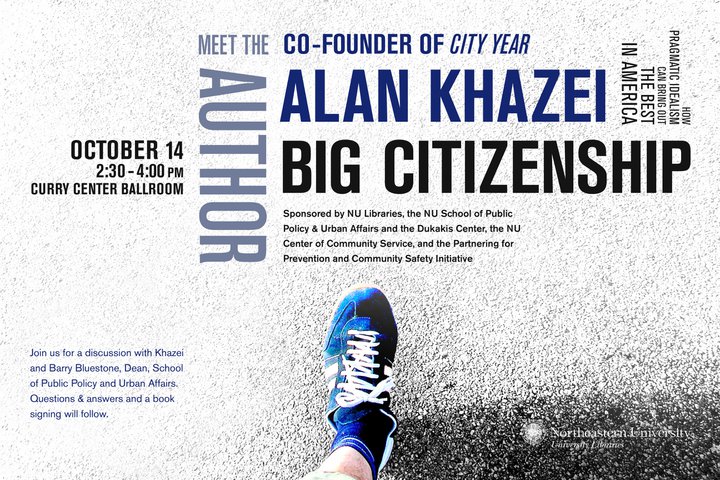I recently accomplished the task of rereading one book that I was particularly taken with in high school. The Sun Also Rises (1926), Ernest Hemingway’s first novel and perhaps his most famous, was the book. It was this book that might have started the imprecisely defined genre of the “generational novel,” a label that usually entails a certain degree of cynicism. The novels of Bret Easton Ellis, or a film like Kids might later fall in to this category. But The Sun Also Rises is a generational novel in a much grander way.
.
The time is the roaring 20’s and the setting is Paris. We are introduced to Jake Barnes, an American ex-patriate who has all the world-weariness of a Humphrey Bogart character due to a war injury that left him sexually incompetent. He has been in love with the Lady Brett Ashley ever since the first world war, but he has no way of marrying her due in part to this injury, and due in part to her utter promiscuity. She is engaged to a Scottish man named Mike, but is having an affair with a Count. Also coming in to the picture is Robert Cohn, a Jewish boxer from Princeton who is unhappily married and prone to a victimization complex. Jake’s friend Bill, another American, will be introduced after some time in France, in which all five principle characters– Jake, Bill, Cohn, Lady Brett Ashley and Mike– will rendezvous in Pamplona, Spain, where they are attending the summer fiesta.
That all of these characters–except for the reasonable Bill–are tormented and in several cases pathological people is a testament to the book’s realism. The book is not a work of realism in the sense that it depicts the grittiness of everyday life; indeed, these characters are not everyday people. They appear to have more money on hand than the average person, a more curious intellect (the narrator, Jake, and Cohn are both writers) and in one case (Lady Brett Ashley) come from aristocracy. But they are certainly not extraordinary either; in fact, the point is that each person has been barred from living a truly fulfilling life either by injury (Jake), insecurity (Cohn) or promiscuity (Brett). The story simply details the manifestations of these roadblocks that take place over a year or so. The Sun also Rises is a tragedy after the fact.
The book does have to be read in the context of its time: references to “the War,” casual anti-semitism, even more casual drinking, smoking and scenes featuring horses and carriages as modes of transportation. But the characters seems modern enough to make its occasional datedness secondary. It also makes it somewhat sad. These people are in their 30’s, and yet they often act like teenagers, or people who cannot get over themselves. How many real people does this still apply to? How pessimistically timeless is that?
The book can be found–along with many other Hemingway books– in the fiction section of the library.

